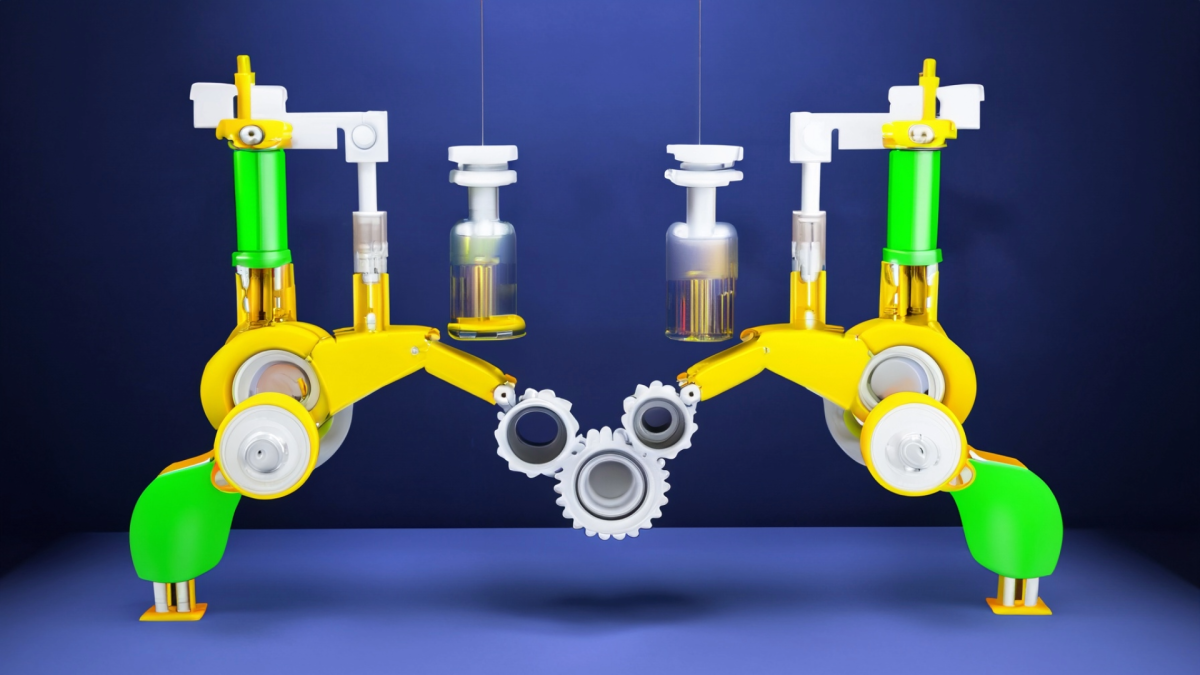Grades:
Kindergarten
This is a hands-on lesson about shapes! After listening to Jack and the Beanstalk, students will look at a collage of castles and try to identify shapes that they see in the construction of the
Grades:
6th Grade, 7th Grade, 8th Grade
This is an 8-lesson unit that is designed to be used together to learn about the health and diversity of your local watershed by placing leaf packs into a water source (natural or man-made ponds
Grades:
6th Grade, 7th Grade, 8th Grade
This is an 8-lesson unit that is designed to be used together to learn about the health and diversity of your local watershed by placing leaf packs into a water source (natural or man-made ponds
Grades:
4th Grade, 5th Grade, 6th Grade, 7th Grade, 8th Grade
In this lesson students will be introduced to the Edison Robot and coding. They will work collaboratively to code a program in EdScratch for Edison to complete. Students will work together to test and
Grades:
Kindergarten, 1st Grade
Students build the tallest beanstalk they can with the provided materials. They then measure it and compare their beanstalk heights. This pairs perfectly with a read aloud of Jack and the Beanstalk!
Grades:
6th Grade, 7th Grade, 8th Grade
This is a two-part lesson using pull back cars. Students will change the mass of their pull back cars to determine if the mass affects the distance they travel or their speed. This engaging lesson
Grades:
9th Grade, 10th Grade
In this hands-on lesson, students work with a partner to construct a functioning, usable sprinkler. Students use basic principles of engineering to create this prototype and test it out for adequate
Grades:
3rd Grade
This lesson is the initial planning, sorting, and planting lesson to get Our Plot of Sunshine Curriculum started within a 3rd grade classroom. Can be modified for other grades, but math within this
Grades:
6th Grade
This is the second part of the egg drop challenge. Students will improve on their original design and make a new design to test and analyze.
Grades:
4th Grade
In this hands-on lesson, students will construct a model of a volcano and produce lava flows. They will also observe, draw, record, and interpret the history and stratification of an unknown volcano
Featured
Edison Robot Challenges
Grades:
5th Grade, 6th Grade, 7th Grade, 8th Grade
In this hands-on lesson students review the Edison robot and coding in Edscratch. They will then work together to solve math problems and then code the Edison robot to match their solution to the math
Grades:
6th Grade
This is the first lesson is a series of 2 for the egg drop challenge. Students will work in groups to design and test an egg drop capsule. Students will keep a budget and fill out a data and
Grades:
6th Grade, 7th Grade, 8th Grade
This is an 8-lesson unit that is designed to be used together to learn about the health and diversity of your local watershed by placing leaf packs into a water source (natural or man-made ponds
Grades:
5th Grade, 6th Grade, 7th Grade, 8th Grade
Building on the programming concepts explored in part 1, this lesson asks students to re-imagine the ‘spiral-out’ program to be a spiral-in program instead. Designed to be a stepping-stone activity to
Grades:
9th Grade, 10th Grade
In this lesson plan, students make use of their knowledge about homoestasis, osmosis, and types of solutions to design their own science investigation that will enable them to prove and answer: Why it
Grades:
6th Grade, 7th Grade, 8th Grade
This is an 8-lesson unit that is designed to be used together to learn about the health and diversity of your local watershed by placing leaf packs into a water source (natural or man-made ponds
Grades:
6th Grade, 7th Grade, 8th Grade
In this hands-on lesson, students use fruit snacks or candy to create models of the molecules used and produced in cellular respiration.
Grades:
11th Grade, 12th Grade
This will be a 1 class period laboratory. It should take about 45-60 minutes. Students will be making a wet-mount slide of pollen that they collected or that was provided. They can look at prepared
Grades:
3rd Grade
SUMMARY: This lesson challenges 3rd grade students to apply their knowledge of the physics of light by having them design, create, and test an obstacle course that their beam of light must navigate
Grades:
5th Grade, 6th Grade
This is an introductory lesson designed for a robotics after-school session involving materials and equipment from VEX robotics and coding. Students explore robotics, discuss the tasks robots can
Grades:
3rd Grade
Students will tend to their garden boxes and observe the plants that are starting to grow. Students will take measurements and start a graph on growth throughout the growing cycle of their garden
Grades:
6th Grade, 7th Grade, 8th Grade
This is an 8-lesson unit that is designed to be used together to learn about the health and diversity of your local watershed by placing leaf packs into a water source (natural or man-made ponds
Grades:
6th Grade
Students will be thinking like engineers as they design their marble roller coasters using the principles of kinetic and potential energy.
Grades:
6th Grade, 7th Grade, 8th Grade
In this engaging lesson, students will examine the surface of the Moon to consider hazardous conditions that NASA may find there. Then, they will investigate several hazards (dust, boulders, and
Featured Lesson Plans
Check out these notable lesson plans.

Featured
Design a Course with Friction
Grades:
6th Grade, 7th Grade
In the second part of this lesson, students will now test how friction can change the speed of a RC car. Students will first test the RC car on three different surfaces of their choice and time them

Grades:
6th Grade, 7th Grade, 8th Grade
Calling all engineers, artists, scientists, and crafters! Our MAKER FAIRE is a venue for our “makers” to show off your talents, innovations, and creative solutions! Join the Maker Movement! Students

Featured
Rocket Science
Grades:
3rd Grade, 4th Grade, 5th Grade
This engaging lesson is a great introduction for space exploration units. This plan goes over the history of rockets, how they work, and how modern rockets help us explore the solar system. There are


